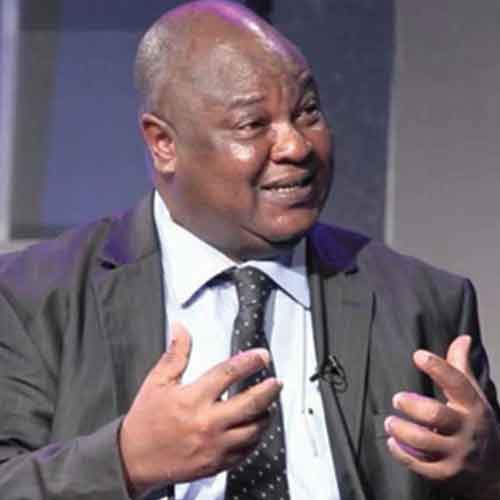
Despite recent signs of stability in the foreign exchange market, economist Ayo Teriba, CEO of Economics Associates, warns against celebrating too soon. He argues that the naira’s recent improvement does not warrant excitement, considering it previously fell to as low as ₦1,900/$ before rebounding to its current level of ₦1,500/$.
In an interview, Teriba noted that the exchange rate at ₦1,300/$ in April 2023 was significantly better than the current rate. “Compared to where the naira stood last year, there is nothing to celebrate,” he emphasized.
While some analysts maintain an optimistic outlook on the naira—crediting recent Central Bank of Nigeria (CBN) reforms for the strengthening of the local currency—Teriba remains cautious. He insists that inflation, still at record levels, must be a key concern before expressing optimism. “Let’s hope that the exchange rate stabilizes at a sustainable level to help bring inflation down,” Teriba stated.
Nigeria’s inflation rate, which fell to 24.48% in January following a revision of the consumer price index (CPI), remains a critical economic challenge.
Teriba believes the CBN and government authorities must do more to further strengthen the currency. He argues that ₦1,500/$ is still a long way from previous levels of less than ₦500/$, which once defined Nigeria’s exchange rate stability. “The exchange rate plays a major role in determining our GDP in dollar terms and our per capita income. Rather than celebrating ₦1,500/$, the government should be pushing for the naira to drop below ₦1,000/$,” he asserted.
To sustain the naira’s recent rally, the CBN has implemented various measures, including selling $25,000 to Bureau de Change (BDC) operators weekly.
According to Paul Alaje, Chief Economist and Partner at SPM Professionals, this intervention has helped calm the foreign exchange (FX) market. “The CBN’s decision to inject $25,000 weekly into the BDC market is a good move to stabilize the exchange rate,” Alaje explained.
While these interventions provide temporary relief, economists insist that long-term stability will require deeper structural economic reforms and improved foreign exchange liquidity.

